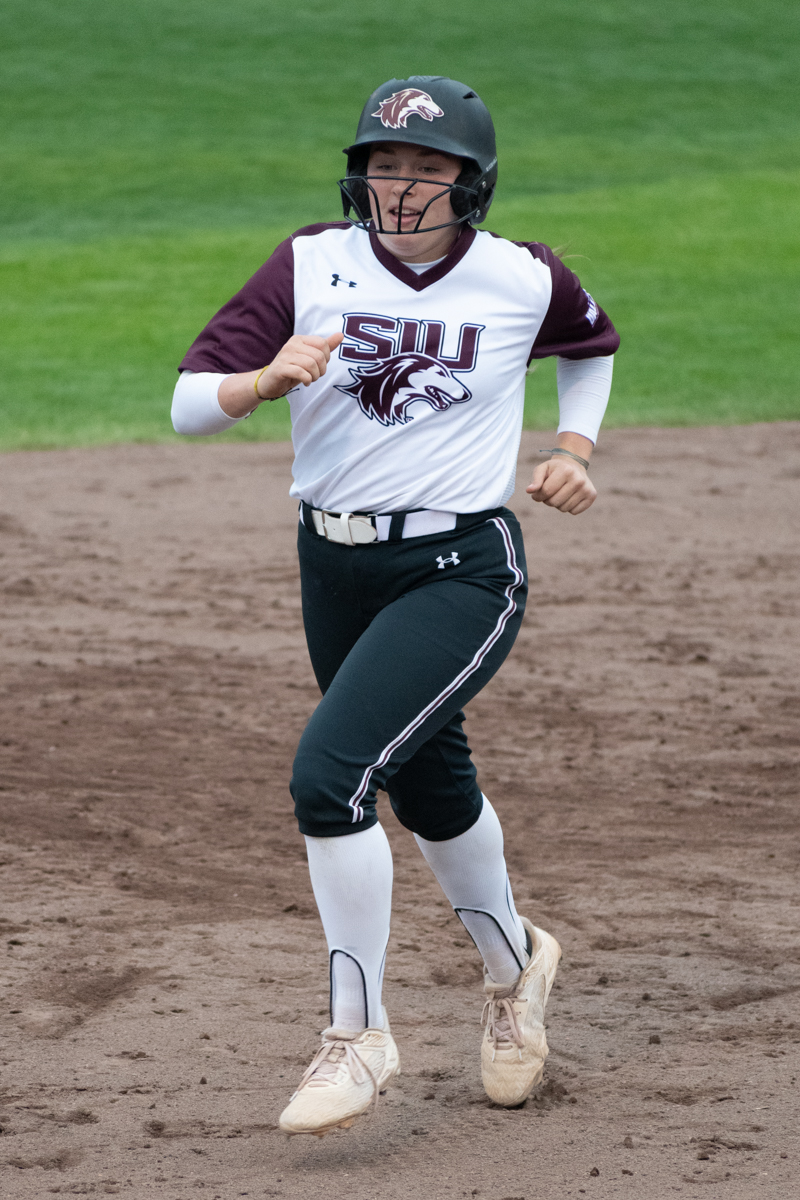Western Courier editor suspension adds to list of student censorship
January 27, 2015
Nicholas Stewart got paid then punished.
Stewart, a senior at Western Illinois University, was placed on paid administrative leave from his position as editor-in-chief of the Western Courier after he sold a video of a fight on the university’s campus to various media outlets.
Stewart posted the video to the student newspaper’s website, westerncourier.com, according to an article on media critic Jim Romenesko’s blog.
Advertisement
Gary Biller, WIU student services vice president, said he suspended Stewart because his actions were a threat to normal operations of the university.
Biller and his staff has received criticism from the Student Press Law Center, which protects the rights of student journalists, as well various journalism professors, including Bill Knight, who taught at WIU for more than 20 years.
Biller has not described how Stewart was a threat but cited vague sections of the student code of conduct, usually reserved for theft or dishonesty, as the reason for suspending Stewart.
Frank LoMonte, the center’s executive director, said the organization has already attempted to give Stewart legal guidance related to the matter.
He said he has never seen a case quite like Stewart’s.
“We’ve never encountered anything like this, where a school believes it can remove an editor from office because he engaged in freelancing on his own personal time,” LoMonte said.
William Freivogel, a professor at the SIU School of Journalism, said Western’s administration searched for a reason to discipline Stewart but had no real grounds to suspend him.
Advertisement*
WIU officials have not responded to requests for an interview.
Freivogel, a lawyer who reported for the St. Louis Post-Dispatch for 34 years, said the College Press Act protects Stewart’s right to sell the video since he posted it to his news organization’s website.
The College Press Act legally protects college journalists at Illinois’ public universities against censorship and punishment from said universities.
Freivogel said Stewart did what any good journalist would have in that instance.
“If a parent of a player on a Saluki team calls in and wants a picture of the player used by the Daily Egyptian, the photographer will sell the picture to the parent,” he said. “It seems to me that [Stewart’s actions] are very similar to that situation.”
The legality of Stewart’s actions are not in question but the ethics are just as important, if not more so, said William Babcock, a professor in the SIU School of Journalism.
Babcock, who has taught media ethics for more than 20 years, said Stewart’s actions were ethical.
“As long as he is not taking away from [the Western Courier], either content that they can be using or have used, that’s absolutely fine,” he said.
Babcock said WIU should be happy to be producing journalists who make content good enough to be sold.
“We should be encouraging people to produce as much as they can,” he said. “Any university is simply wrong to try to prevent students from profiting from the knowledge they have gained from that university.”
Babcock said WIU is attempting to censor Stewart because he is painting his university in a bad light.
Freivogel agreed and likened Stewart’s situation to a conflict between the Daily Egyptian and former SIU Chancellor Rita Cheng. Cheng did not punish any reporters, but was unhappy with a photograph the Daily Egyptian published in 2012, which was said to have made the campus look unsafe.
Freivogel said administrations have tried to censor student journalist for decades.
“School administrators across the country have tried to punish student journalists for what they put in student publications,” he said.
LoMonte said the process of this punishment has been handled hastily. The university could have asked Stewart to give the Western Courier the compensation he received for the video but instead it opted to suspend the senior, he said.
Moreover, Stewart said he did not receive a request from the university to pay the money to the Courier, according to Romenesko’s website.
LoMonte said the university did not take the proper steps before levying the suspension.
“They have a Publications Board as a campus,” he said. “If you think that the editor has done something wrong, you can launch a complaint with the Publications Board.”
LoMonte said the university brought the incident to the attention of the Publications Board, but in this case, it is using the campus Disciplinary Board, which is meant to oversee issues such as academic dishonesty, fighting or other crimes.
Freivogel said Stewart could take legal action against WIU for the way it handled the situation.
Stewart could have WIU in court immediately, LoMonte said.
“Every day that he is out of office as editor is an infringement on his rights,” he said. “But he has chosen to try to work things out peacefully.”
LoMonte said the volunteer attorney the law center assigned to the case is trying to reach an agreement between Stewart and Western that would have Stewart back as the student leader of the Courier.
LoMonte said the suspension was less about the video being sold and more about the content of the video.
“They want to punish him for bringing shame to the institution by publicizing a video that they prefer to keep under wraps,” he said. “If that was video of a dog catching a Frisbee, we wouldn’t be having this conversation.”
Tyler Davis can be reached at tdavis@dailyegyptian.com or on Twitter @tdavis_DE.
Advertisement








